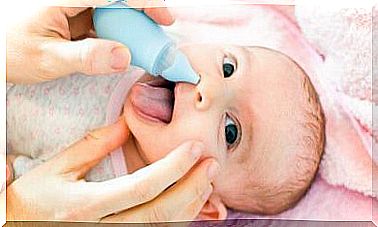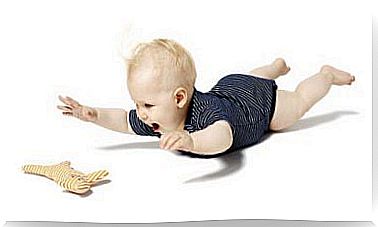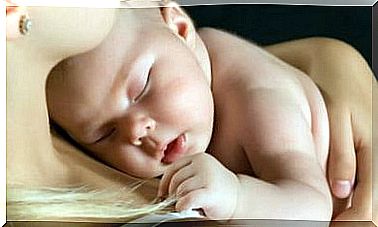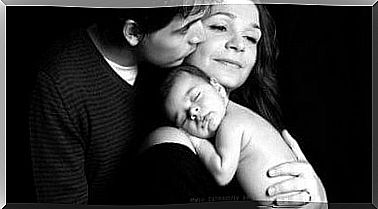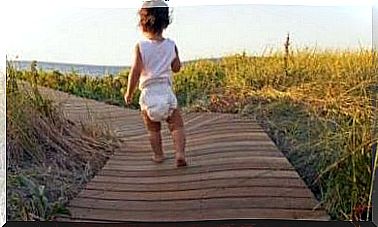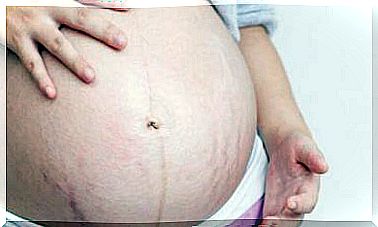How To Recognize That Your Child Suffers From Colic
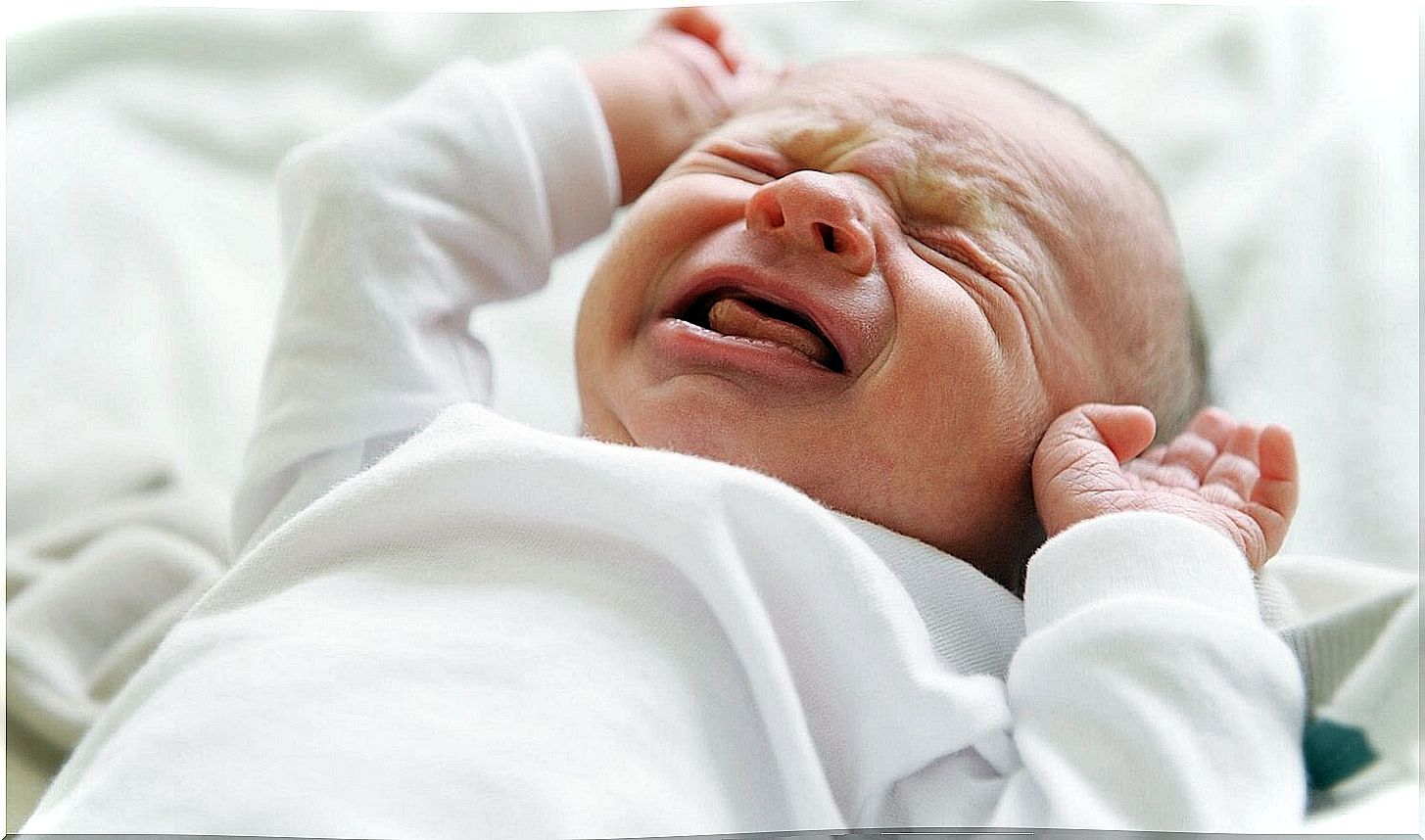
If your baby has colic, you will find that the symptoms are very evident at this young age.
First of all, the baby begins to blush, cry and clench his fists. It arches its back and draws its knees to its stomach.
Colic is common in infants. They usually start two weeks after giving birth. They can appear a few weeks later in premature babies.
It is a condition that can cause a well-fed baby to cry for more than three hours. Every day, more than three days a week, for more than three weeks.
While colic is not harmful to their health, it can be very troublesome for babies.
Is your baby crying inconsolable but you have already checked with your pediatrician that it is healthy? Then your baby is likely to have this temporary illness.
To date, there is no scientific evidence to show that colic has long-term effects on a baby’s health.
The cause of this condition, which leads to so much tears and pain, is that the baby’s stomach is still very underdeveloped. It first has to get used to the food it receives outside of the uterus.
As with adults, babies have gas in their tummies when they have colic. This creates a lot of discomfort and pain.
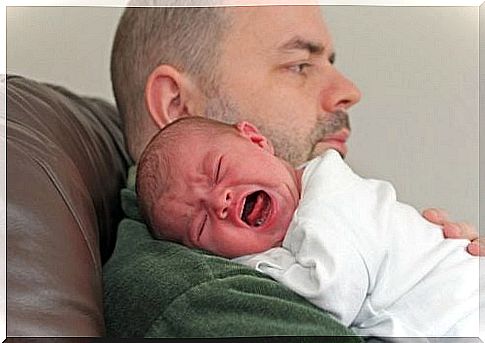
Signs that a baby has colic
- Inconsolable crying episodes: A baby who suffers from colic at the same time each day always cries at the same time – usually in the evening or at night. Episodes of colic can range from just a few minutes to three hours, or even longer.
- Intense crying: The crying caused by colic sounds like a scream full of fear. It’s very intense. Crying is usually high pitched while the baby’s face can turn very red and it can be very difficult to calm him down.
- The crying occurs for no apparent reason: It is normal for babies to cry. A crying baby can mean he needs a diaper change, needs feeding, or it could mean he is too hot or too cold. However, if they cry for no reason, their tears are likely due to colic.
- Change of Posture: A colic baby may have clenched fists, tense abs, and legs drawn up.
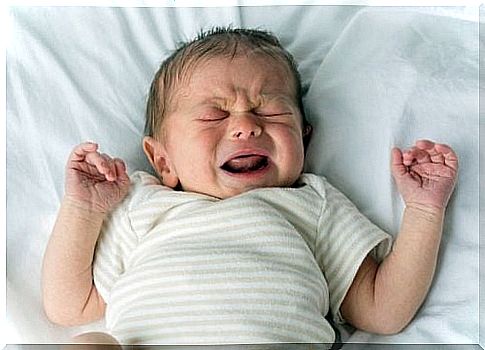
The cause of colic
Here are some causes of colic that occur in babies who are a few days or months old:
- Reflux: Reflux is a condition in which the baby has heartburn due to milk and stomach acid flowing into the esophagus.
- Digestive Problems: Digestive problems can be caused by protein or lactose intolerance.
- An immature digestive system can cause spasms in the intestinal muscles.
- Gas (air) in the intestinal tract.
- Hormone levels higher than usual: Hormones can cause restless moods and stomach pain.
- High sensitivity to environmental influences such as light, noise, etc.
- An immature nervous system.
- High or low temperature.
With the help of this information, you can more easily see if your baby has colic. This knowledge will also help you act accordingly.
We want to remind you that you have to give your baby all the love in this world to make him feel safe and comfortable. This, in turn, will ease his discomfort as well.
Of course, your pediatrician will provide all the information you need to help your child.
